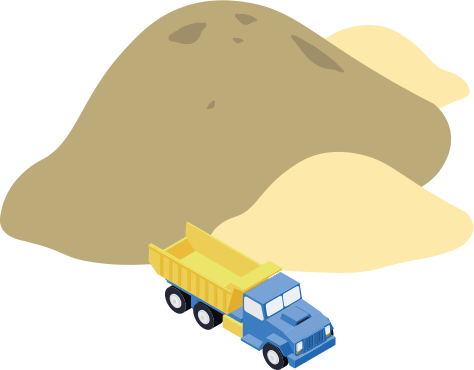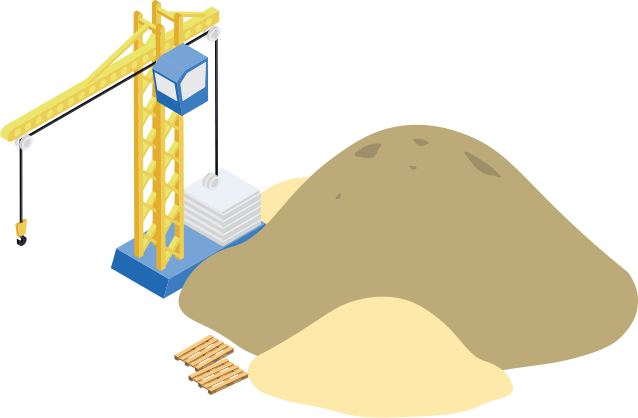There are five pillars to Internet Marketing. A book could be written on them. This is just a summary of what they are and why each is vital.
ORGANIC SEARCH
Organic search results are EARNED positions on Google (or other search engines) results page. They are the general results that once were the entirety of the subject. They are still in many ways the Holy Grail of online marketing. If you have great organic search rankings – you can sit back and watch the
leads roll in.
But they have to be the right search terms. And by now – over 20 years after the whole search business started up – many important search terms are hard-fought over and may be out of reach for your website anytime soon.
Once, you just put the keywords into your website and – voila! – you got the rankings. Those days are long past.
In most cases, you need other arrows in your quiver, if not in the long term, certainly in the short term.
PAID SEARCH
If you can’t EARN visibility, how about buying it? That is often the answer – and this is how Google makes most of its money. Google search and MANY other Google services are free and are in fact subsidized by the money Google makes off selling ads. But it isn’t just charity on their part. The trust Google earns with useful organic search results transfers to trust in Google paid ads – resulting in income for Google.
For some companies, paid ads are the whole of their digital marketing strategy. And that works for many companies. Of course, they have to continue paying, every time someone clicks on one of their ads. Sometimes people are just lazy or don’t have the resources – or patience – to make organic search work.
There’s another point. Google Ads don’t work for everyone. Two situations where they don’t:
1. If they are too expensive compared to the cost of what you are selling, you can’t make a profit
running Google Ads.
2. If too few people are searching for what you are offering, you may not be able to generate enough business that way. That applies to organic search as well, of course.
In many cases, though, Google Ads work best as a supplement to organic search. You may rank well in some areas – subject areas, or geographic areas – but not in others. Why not run Ads where the organic search isn’t working for you?
This ideally is a short- or medium-term approach. Eventually, you rank well organically in more places and can back off the paid ads.
An easy mistake to make, by the way, is to spend money buying visitors to your site that you would have gotten anyway from organic search or local listings. This is called “cannibalization”.
LOCALLISTINGS
Speaking of local listings, many businesses are either entirely, or partly, locally oriented. Local search occurs when Google recognizes that someone is searching for a business in a particular location. This happens because someone searches “near me” for example, or because the nature of the search makes it clear someone is definitely or likely looking for a local business. For example, anyone searching for “dry cleaners” is probably looking for one in their vicinity. Google will show local search results, as well as possibly more general answers such as “what is a dry cleaner”.
Google Maps – the map display based on a business Google My Business Page – is the king of the results in this area and an increasingly important percentage of search in general.
Google My Business pages are ranked and optimized mostly independently of your website, so they need their own attention.
Again, this is often a part of a mixed strategy. Your GMB page may show up in search close by the searcher’s physical location. Farther away, it may show in organic but the map listing may not show. And farther away still, it may take paid ads to show up.
SOCIAL
Social media platforms are a wildly varying factor in online marketing. To be honest, most of the time they are far less important than they are made out to be. Because they are the newest, many marketers hobbyhorse them and hang all their hopes and efforts in that direction.
But for many businesses Social is useless. Does anyone seriously think a plumber is going to get tons of followers and business from their Facebook page? Because they aren’t.
Some businesses do great off their Social platforms, but these are businesses that are inherently very interesting to people – such as celebrity-related, or politics to some people.
We had a client do very well with a blog showing bizarre air-conditioning systems. The market for his blog? Air conditioning service technicians. It had them die laughing. Everyone else? Not so much. But he turned that into a money-making business selling advertising on his blog to companies that sold air-
conditioning equipment, parts, supplies, and the like.
For most businesses, it is somewhere in between. Social Media should be done, they can get you some business, but in many cases, they function best as a customer service tool.
YOUR WEBSITE
Our fifth pillar is your website itself. A lot of people who find you online – or otherwise find out about you – end up on your website.
What happens when they get there?
If you aren’t paying a lot of attention to this, you are really missing the boat. A bad website can waste a large portion of your efforts at getting noticed.
A website that is ugly, slow, hard to navigate, is poorly written, or doesn’t answer people’s questions?
What a waste.
Don’t make it easy to communicate with you? Not smart.
There are lots of tools to tell you how your site is doing. Google Analytics is number one – but there are many others.
FIVE PILLARS – ONE MARKETING PROGRAM
You can see that all five of these work together. Work on them one at a time, but work on all of them.
It’ll pay off.








